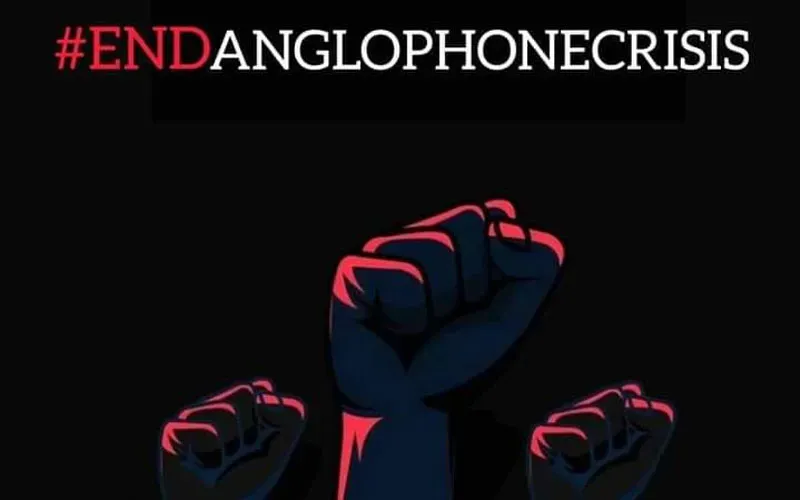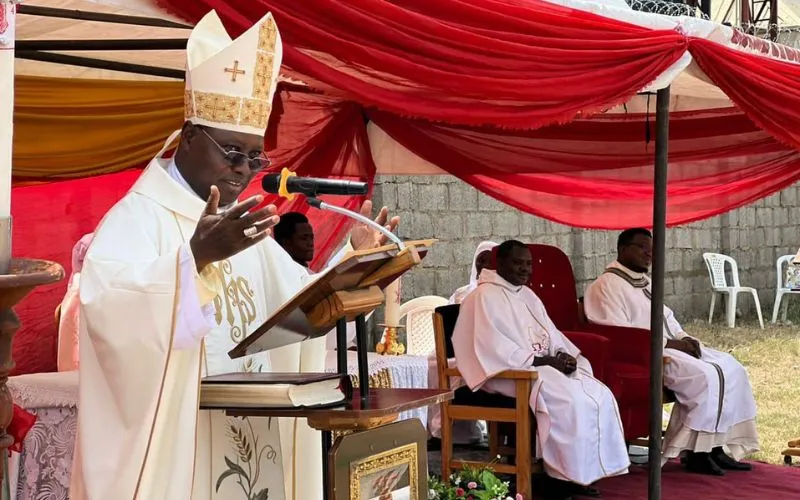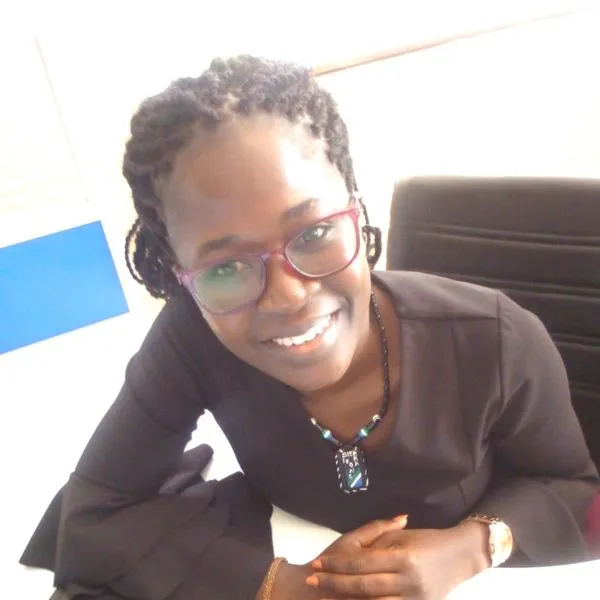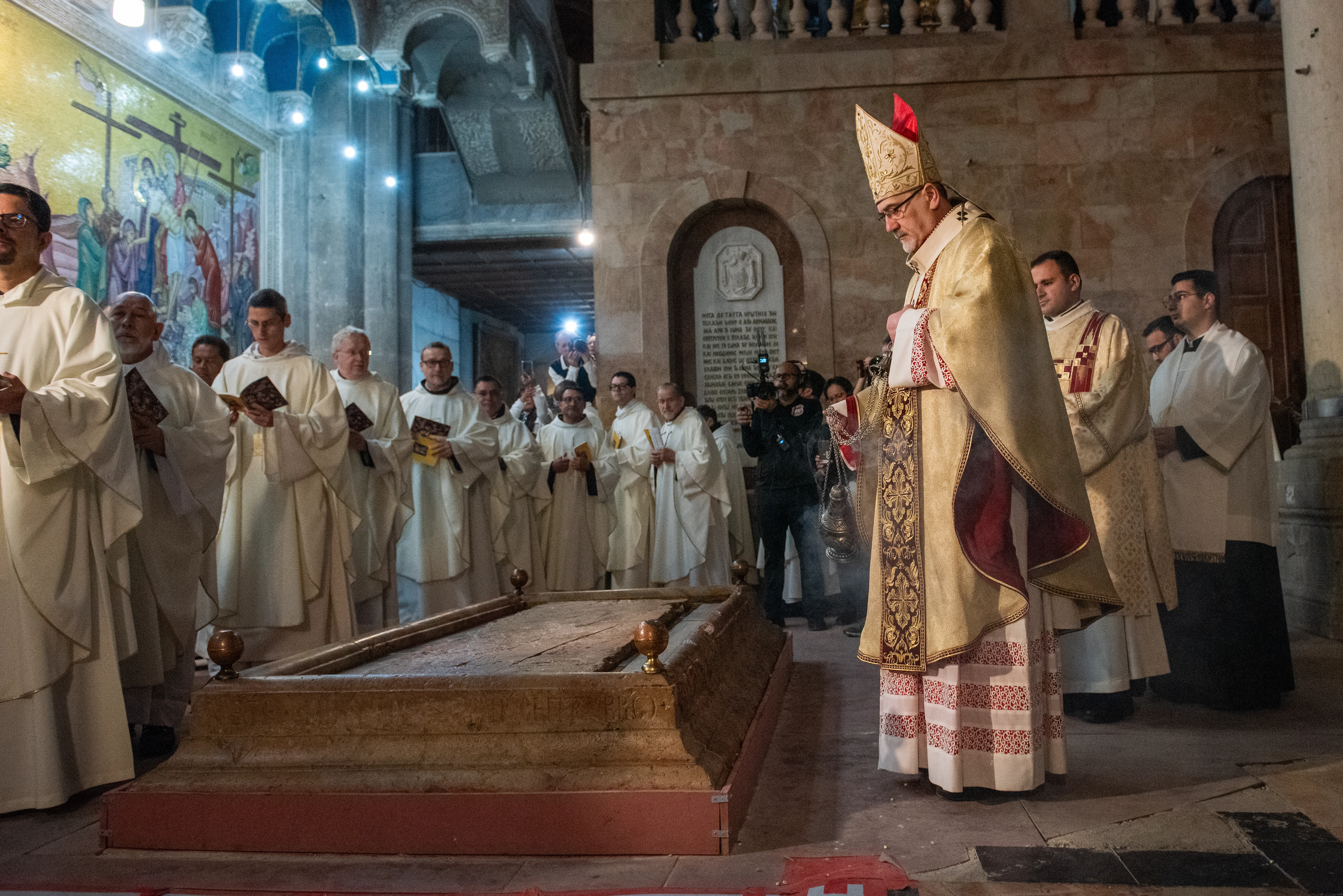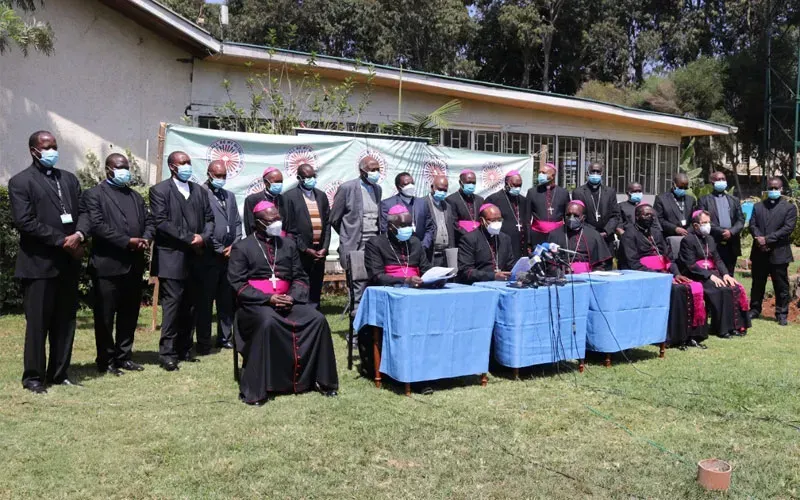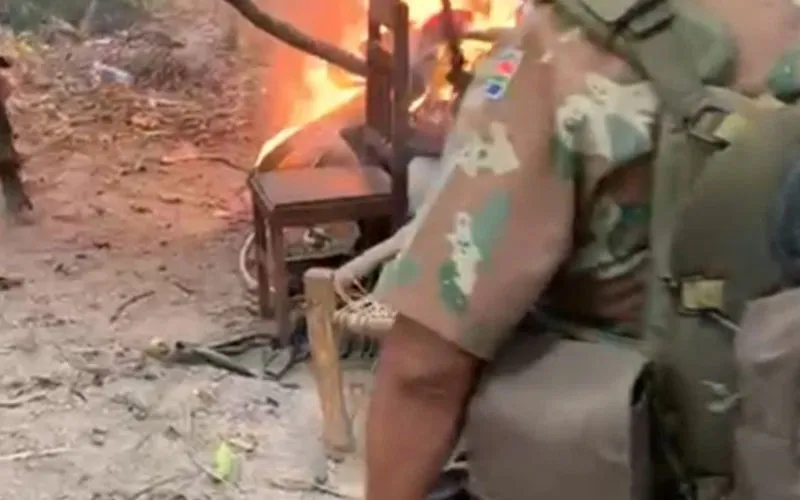Bamenda, 20 September, 2022 / 9:55 pm (ACI Africa).
Groups claiming to be fighting for the independence of the Northwest and Southwest English-speaking regions of Cameroon have been increasing in number, a situation that is running out of control, the leadership of the Catholic peace and charity foundation, Denis Hurley Peace Institute (DHPI), has said, and expressed concern that the Central African nation may be sliding into anarchy.
In a Tuesday, September 20 interview with ACI Africa, DHPI Director, Johan Viljoen, said that leaders of the various separatist groups who have been attacking locals are no longer able to manage “their own fighters”.
“It is clear that the leaders of the various groups of separatist fighters have no control over their own fighters. An attack happens and you see the leaders issuing statements condemning the attack carried out by their own people. The fighters have gone out of control and what we fear is that the situation in the Northwest and Southwest parts of Cameroon may be deteriorating into anarchy,” Mr. Viljoen said.
The DHPI Director recounted that what started in 2017 as a pro-independence movement in the Northwest and Southwest region of Cameroon known as Ambazonia, and supported by all locals, has since evolved into separate militia groups that have turned against locals in a series of kidnappings for ransom and, sometimes, killings.
The Director of the peace entity of the Southern African Catholic Bishops’ Conference (SACBC) recounted that at the onset of the independence struggle in the Northwest and Southwest regions of Cameroon, the most recognized pro-independence leader, Julius Ayuk Tabe, was imprisoned, but continued to enjoy widespread support even as the Cameroonian military engaged the fighters to stem the insurgency.



